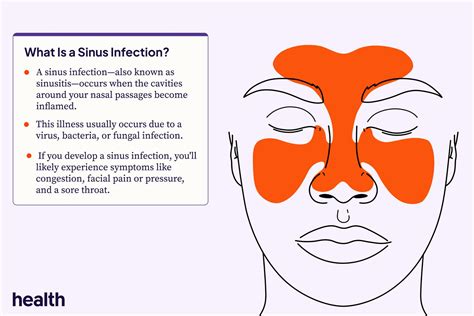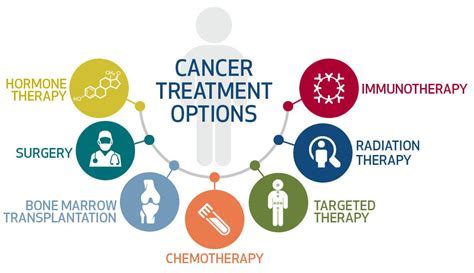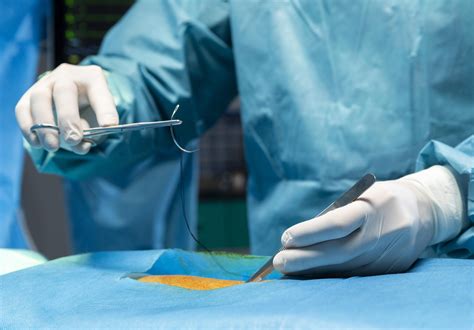Intro
Find relief from sinus infections with surgery. Discover procedures like endoscopic sinus surgery, balloon sinuplasty, and turbinate reduction for chronic sinusitis, nasal congestion, and sinus pressure relief.
Sinus infections, also known as sinusitis, are a common and often debilitating condition that affects millions of people worldwide. The symptoms of sinus infections can be severe and include congestion, headaches, facial pain, and difficulty breathing. While many cases of sinus infections can be treated with medication and other non-surgical methods, some cases may require surgery to provide relief. In this article, we will explore the importance of surgery for sinus infections relief and what patients can expect from the procedure.
Sinus infections occur when the sinuses, which are air-filled cavities in the skull, become inflamed or infected. This can be caused by a variety of factors, including colds, allergies, and bacterial or viral infections. When the sinuses become blocked, mucus can build up and provide a breeding ground for bacteria, leading to infection. If left untreated, sinus infections can lead to serious complications, such as meningitis, brain abscess, and osteomyelitis.
For many patients, surgery is the best option for providing long-term relief from sinus infections. There are several types of surgical procedures that can be used to treat sinus infections, including functional endoscopic sinus surgery (FESS), balloon sinuplasty, and Caldwell-Luc procedure. The type of procedure used will depend on the severity and location of the infection, as well as the patient's overall health.
Understanding Sinus Infections

Symptoms of Sinus Infections
The symptoms of sinus infections can vary depending on the location and severity of the infection. Common symptoms include: * Congestion and stuffiness * Headaches and facial pain * Difficulty breathing * Yellow or green discharge from the nose * Bad breath * Fatigue and lethargy * Loss of smell and tasteTreatment Options for Sinus Infections

Medications for Sinus Infections
Medications can be an effective way to treat sinus infections, especially in the early stages. Common medications used to treat sinus infections include: * Antibiotics: to treat bacterial infections * Decongestants: to relieve congestion and stuffiness * Pain relievers: to alleviate headaches and facial pain * Steroids: to reduce inflammation and swellingSurgical Options for Sinus Infections

Risks and Benefits of Surgery
As with any surgical procedure, there are risks and benefits to consider. The benefits of surgery for sinus infections include: * Long-term relief from symptoms * Improved breathing and drainage * Reduced risk of complications The risks of surgery for sinus infections include: * Bleeding and infection * Scarring and adhesions * Damage to surrounding tissues and structuresRecovery from Sinus Surgery

Post-Operative Care
To promote healing and reduce the risk of complications, it is essential to follow post-operative care instructions, including: * Resting and avoiding strenuous activities * Using saline nasal sprays and humidifiers to promote drainage and hydration * Avoiding blowing the nose and strenuous activities * Taking medication as directed to manage pain and discomfortPreventing Sinus Infections

Lifestyle Changes for Sinus Health
Making lifestyle changes can help to promote sinus health and reduce the risk of future infections. This can include: * Quitting smoking and avoiding secondhand smoke * Avoiding exposure to pollutants and irritants * Staying hydrated and using a humidifier * Getting regular exercise and managing stressConclusion and Next Steps

We invite you to share your experiences and questions about sinus infections and surgery in the comments below. If you found this article helpful, please share it with others who may be experiencing similar symptoms. By working together, we can promote sinus health and reduce the risk of future infections.
What are the symptoms of a sinus infection?
+The symptoms of a sinus infection can include congestion, headaches, facial pain, difficulty breathing, yellow or green discharge from the nose, bad breath, fatigue, and lethargy.
How is a sinus infection diagnosed?
+A sinus infection can be diagnosed using a combination of physical examination, medical history, and diagnostic tests such as imaging studies and nasal endoscopy.
What are the treatment options for a sinus infection?
+Treatment options for a sinus infection can include medication, self-care, and surgery. The best course of treatment will depend on the severity and location of the infection, as well as the patient's overall health.
How long does it take to recover from sinus surgery?
+The recovery time for sinus surgery can vary depending on the type of procedure and the individual patient. Most patients can expect to experience some discomfort, congestion, and fatigue after surgery, but these symptoms can be managed with medication and self-care.
Can sinus infections be prevented?
+Yes, sinus infections can be prevented by practicing good hygiene, avoiding close contact with people who are sick, using a humidifier, avoiding allergens and irritants, and getting regular check-ups and following a healthy lifestyle.
